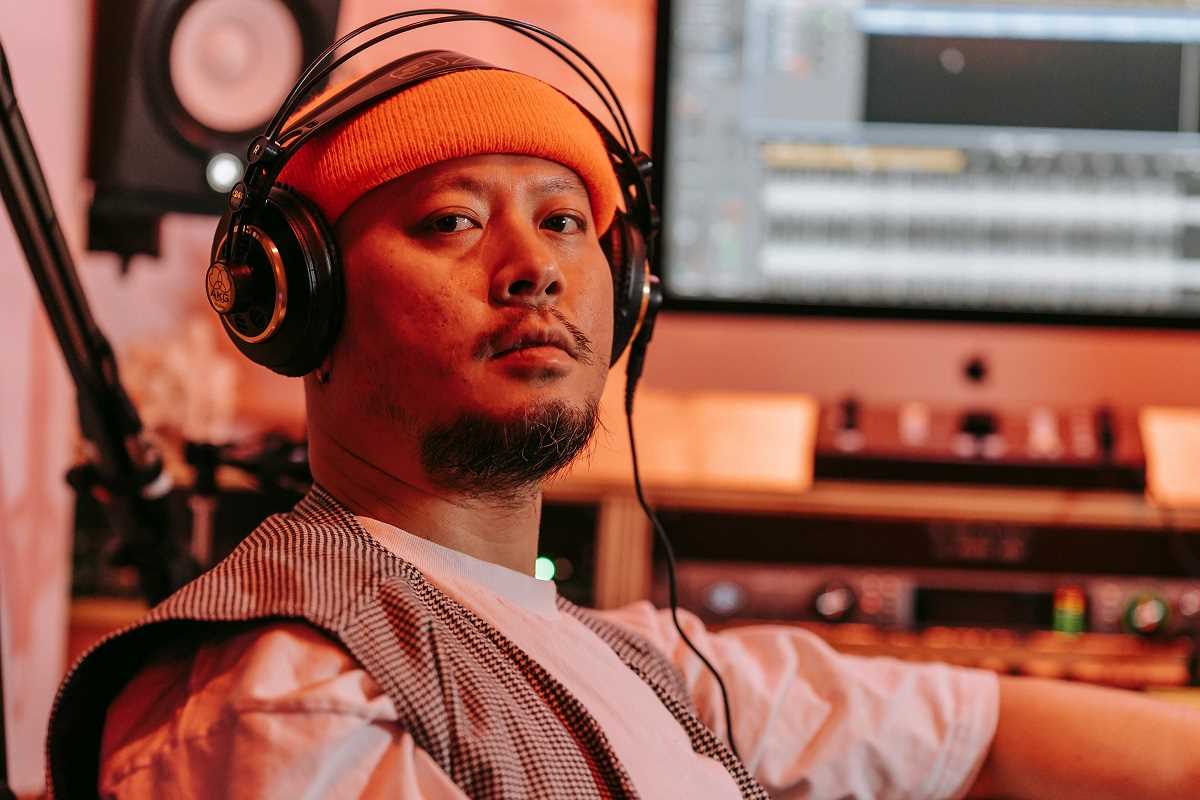Artificial intelligence (AI) has emerged as a powerful force in music production, redefining how music is composed, produced, and experienced. From algorithmic composition and sound design to personalized listening experiences, AI is enhancing creativity and expanding the boundaries of what’s possible in the music industry. While the technology offers game-changing opportunities for artists and producers, it also raises important questions about creativity, authorship, and industry dynamics. This article explores the current role of AI in music production, examining tools and platforms shaping the field, as well as the broader implications of this technological evolution.
How AI is Transforming Music Creation
AI has become a key player in the music-making process, offering tools that assist or even independently create music. Here’s how AI is revolutionizing composition and production:
AI as a Composer
AI-powered software like OpenAI’s MuseNet and AIVA (Artificial Intelligence Virtual Artist) can compose entire pieces of music across a range of genres. MuseNet, for instance, uses deep learning to generate compositions spanning styles from classical symphonies to electronic beats based on prompts such as the desired genre or instruments. AIVA specializes in creating orchestral music and is even used by game and film composers as a co-creator for scores.
These tools simplify the music creation process, enabling non-musicians to compose and empowering seasoned artists to explore new genres or experiment with complex arrangements they might not have tackled manually.
Generative Sound Design
AI algorithms are also changing how sounds are created. Platforms like Google's Magenta use machine learning to create new soundscapes or tweak existing ones. For example, Magenta’s NSynth (Neural Synthesizer) combines the sounds of different instruments to create unique tones. This allows music producers to experiment with innovative sounds previously unimaginable using traditional tools.
AI-Driven Songwriting Assistance
Songwriters can turn to AI for inspiration when tackling the often-daunting process of creating lyrics or melodies. Tools like Amper Music and Jukedeck provide artists with starting points for songs by generating melody lines or chord progressions based on the artist's input. These tools are particularly useful for overcoming creative blocks or exploring alternative ideas during the songwriting process.
Automating Music Production
Beyond composition, AI is streamlining production workflows and enhancing quality through automation. These advancements save time and open new creative doors:
Mastering and Mixing Assistance
AI-powered platforms like LANDR and eMastered handle the technical aspects of audio mastering and mixing. Simply upload your song, and the AI analyzes its dynamics, frequencies, and tonal balance before automatically applying optimal adjustments. What once required professional expertise and studio hardware can now be done cheaply and in minutes with AI.
For producers, this democratization of music mastering allows them to focus on creative decisions while ensuring high-quality outputs worthy of release.
Real-Time Production Enhancements
Digital Audio Workstations (DAWs) such as Logic Pro X and FL Studio are incorporating AI plug-ins to help with tasks like beat detection, tempo adjustments, and sound equalization. For instance, iZotope's Ozone and Neutron plug-ins use machine learning to analyze audio tracks and recommend tweaks for mixing and mastering.
These tools allow professionals and amateurs alike to achieve polished projects without the steep learning curve of traditional audio engineering techniques.
Personalizing Music Experiences for Listeners
AI has also revolutionized how audiences experience music, particularly through personalization:
Platforms like Spotify, Apple Music, and Pandora rely heavily on AI to curate personalized playlists and recommend songs to users. These algorithms analyze listening habits, audio features of songs, and contextual data to identify music users are most likely to enjoy. Spotify’s Discover Weekly playlist is a prime example of how effective these algorithms can be in keeping listeners engaged and helping artists find new audiences.
AI-powered applications are also transforming how music bends to individual preferences or contexts. Take AI-generated adaptive soundtracks in video games, for example, that dynamically adjust the music based on player actions. Similarly, platforms like Endel use AI to create ambient soundscapes tailored to a user’s activity, mood, or environment—be it working, studying, or relaxing.
Creativity and Collaboration in the AI Era
While some critics worry that AI diminishes human creativity, many artists see it as a collaborative tool that enhances the creative process. By automating repetitive tasks or generating novel ideas, AI frees creators to focus on the artistry of music. For example, artists like Taryn Southern and Holly Herndon have embraced AI as a creative partner in their projects, blending human artistry with machine-generated elements to produce groundbreaking work.
AI also fosters collaborations between musicians and technologists, bridging the gap between creative and technical disciplines. These partnerships push the boundaries of what music can be, resulting in innovative projects that combine human ingenuity with machine efficiency.
Ethical and Industry Challenges
Despite its benefits, AI in music production poses challenges that the industry must address:
- Authorship and Credit - Who owns a song created by AI? Should the programmer of the AI tool get credit, or does the artist who directed the AI claim full ownership? These questions remain largely unresolved, prompting debates about intellectual property rights in works that involve AI.
- Homogenization of Music - Critics argue that heavy reliance on AI could lead to a homogenization of music, as AI tendencies might prioritize formulaic structures optimized for listener retention. This raises concerns about the erosion of creativity and diversity within mainstream music.
- Displacement of Human Talent - AI tools threaten to disrupt jobs traditionally held by human professionals, such as audio engineers and session musicians. While these tools lower barriers for independent creators, they may reduce opportunities for those who rely on specialized production skills.
- Bias in AI Algorithms - AI systems learn from existing datasets, which can include biases based on historical preferences or genre dominance. This could marginalize less-popular genres or underrepresented artists, perpetuating imbalances in the music industry.
Far from replacing human creativity, AI is inspiring a new era of musical exploration where humans and machines collaborate to craft unforgettable sounds. With continued innovation, its role in music will only grow, cementing its place as an invaluable tool for modern creators.
 (Image via
(Image via





